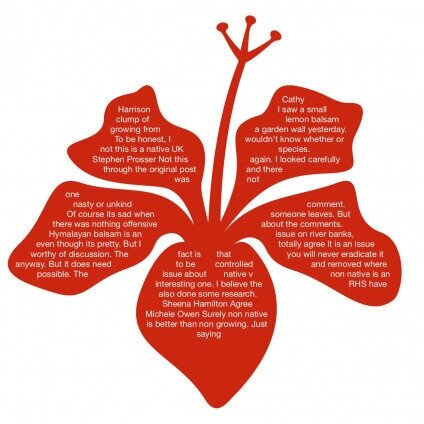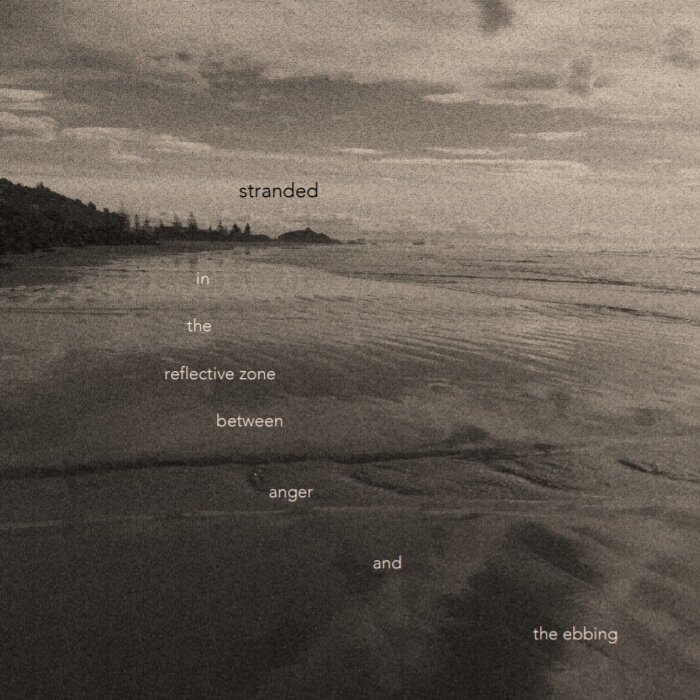Publishing five collections in three years is an achievement in itself, but there’s also something admirable about the way he draws other artists and poets into his creative orbit, whether that be by collaborating with them as part of his Enemies project, (which culminated in the
Enemies book, published by Penned in the Margins), publishing them in
3:AM Magazine, or interviewing them for his
Maintentant series, now almost at a hundred articles. Students on his spring term course, also called
Maintenant!, will become part of his collaborative circle, writing poems inspired by key 20
thcentury experimental poetry movements and performing them at an end of term reading. We asked Steven for advice on exploring experimental poetry and collaborating fruitfully…
Your course will be covering Oulipo, Austrian postwar modernism, concrete poetry, CoBrA and the British Poetry Revival. Can you explain how you came to be interested in these movements?
S J: I think because I came to poetry quite recently, only four years ago really, and very much fell into it, my reading habits, my influences, are not really formulated along formal lines. I wasn’t handed classical poetry as a child, didn’t listen to whatever was taught at school, didn’t grow up valuing a certain tradition or style or form, I have just read continuously, whatever I could where I could. For years I was completely isolated in my reading too, being led into it by philosophy, which I studied, and as such I was in a bubble, didn’t have the chance to develop any sense of prejudice against poetry in translation, or avant garde work, as somehow otherly. That’s perhaps why I read this kind of work alongside poetry that might be better known in this country in equal measure.
Moreover, each movement that I’m going to be covering in the course has its own special place in my own development as a poet. The Oulipo showed me how structural freedom can actually be more restricting than formal structures and concepts, because that freedom is mediated by very specific influences and tropes. Austrian postwar modernism is the example par excellence of avant garde writers writing for a purpose, and not as a self-indulgent stance against something, and that is to expose the ever present instincts of fascism in a nation that had tried to plaster over in immediate history and responsibility. Concrete poetry showed me that language is not mediated only by its content, but by its appearance, by the material it appears on – it has multiple dimensions, it is art as well as language. CoBrA really exemplifies the very best of what post-war European poetry aims to achieve – collectivity, collaboration, dynamic experimentation. And the British Poetry Revival, well this was a seismic discovery for me. An entire legion of incredible writers, writing about my country, writing works of genius, completely hidden from the mainstream reader.
In the course description it says that the techniques used by the poets you’ll be covering can, ‘compliment, rather than antagonise, more formal writing practice’. Could you expand on what you mean by that?
S J: I think there’s a territorial, self-defeating dualism that seems to permeate through people’s perception of the experimental, that it requires a philosophical or political praxis to be part of their writing. That it is against something, more than it is for something. This isn’t true, fundamentally. Experimentation is about finding the authentic way to express a very certain content. And that’s why a lot of formal poems fail in my opinion, because they are using the wrong form, because it is familiar or it is all the writer knows, to express their content. I hope to just humbly, gently, suggest that these movements show us new worlds of form and method toward content we might want to access and express.
You’re responsible for the Enemies collaboration project – will you be encouraging poets to collaborate on this course?
S J: Absolutely. It is wholly beneficial for any poet to engage in collaboration in my opinion, it allows one to step beyond one’s comfort zone, it forces the poet to be generous and generative and it mediates sociality beautifully, through the creative act. Plus you can blame failures on the other person! Best not to say this out loud of course. I hope the class will be defined by an atmosphere of communication, exchange and that the collaborations will be utterly organic, the genus being in the shared new ideas and discoveries which happen for everyone in the room.
In the Enemies book, was it a purposeful decision not to demark whose contribution is whose in many of the projects? What effect do you think this has?
S J: It was, and in the most instinctual way, this was primarily to commit to the work as a wholly new thing, a child of two poets, and not the spliced remnants of two individuals. So much of the poetry in Enemies, I really can’t remember whose line is whose. This is the most beautiful rediscovery, to have given so much to the style and brilliance of another writer that you and they are entwined in the work toward the same goal. I hope the effect of this is for readers to be taken by the content and not the authorial presence, which is often an obscuring force, a context we can rarely remove.
Why do you think collaborations succeed or fail? Do you have any tips for successful collaborating?
S J: It’s all about generosity as a mode, about perspective, and I think it goes right to the roots of one’s view on aesthetics, on poetry and its purpose, and one’s view of communication. If you see poetry as a reflection of your external experiences, internalised through the unique nexus of your millions of experiences and emotions and knowledge, then the act of collaboration is replacing the stimulus of your life with the specified stimulus of another human being, and their unique way of refracting the world. It becomes very easy to allow this to move you. If you see poetry as the effect of a muse like inspiration on your defined subjective soul or being, then you’ll probably want to protect that ‘inspiration’, and you won’t be so free to share, sacrifice and risk. Collaboration is all about generosity, it is an act of giving, a process of sacrifice.
When you collaborate with an artist, is it always a case of the images already existing and you responding to them, or have you worked in other ways?
S J: Every collaboration has been completely different. I’ve perhaps undertaken about 70 different collaborations to date, across every medium I could, and each time I try to get the collaborator to build the process with me, and to let them begin. I worry I can be a demonstrative person at times, overbearing, so I try to impose a deference upon myself when collaborating, and so far, it seems to be a good instinct. With visual images, photography and art as the like, often it does become tennis, but as often as not, it is my poems which generate their art, as well as their images generating my poetry.
I’ve always struggled to write poems that respond to visual images, do you have any advice for poets who want to respond to visual art in an original way?
S J: Being fidelitous to the grammar of visual images can’t be literal. One has to be familiar with the process of the artist or photographer, even if in the most material or shallow manner, and then, most importantly, what their intention is. Often the physical result does not achieve the intention for you, or for other viewers of the work. But if one then approaches that intention from your own poetic, your own abstract understanding, then a natural kinship will develop. I think so anyway. Museum of Debt, which is in Enemies, features portraits of museum workers by Alexander Kell, and Alex and I had both worked at that Museum, we didn’t even need to talk, we both created at the same time, with no dialogue, and the images and the poetry is imminently fused. It is about boredom, about the quiet desperation of a job that leads nowhere. The subject spoke, our intention was entwined.
Tell me more about the event that your students will have the opportunity to read at…
S J: It’s a very exciting programme. Three of the most innovative poets in Europe, Cia Rinne, Morten Sondergaard and Martin Glaz Serup will be visiting London for a week, for events with Rich Mix arts centre, in Brick Lane, and for an exhibition at the Hardy Tree gallery in Kings cross. The Danish agency for culture are supporting the venture, called Fjender, part of my Enemies project. They will be collaborating with myself and two other British based poets, and thanks to the Arts Council here I will be visiting Copenhagen to read our collaborations in Denmark too. The students will get to read on the big night in London, share some of their work with those poets and the public, if they want to.
Can you think of any good anthologies our students could buy to familiarise themselves with some of the poets you’ll cover? Or any good sources of information online, (aside from your wonderful Maintenant series of interviews)?
S J: Certainly, I can never speak highly enough of the Poets for the Millenium anthologies, by Jerome Rothenberg and Pierre Joris. Get the first two volumes. Mind blowing, the scope and the width of the poets and the superlative editorship, this is what anthologies should be. Online, check out www.lyrikline.org. Quite formal poets, but a great resource for translated work across languages. Also Ubuweb, if you haven’t been on there, well that’s a good ten years of material for all of us.


























